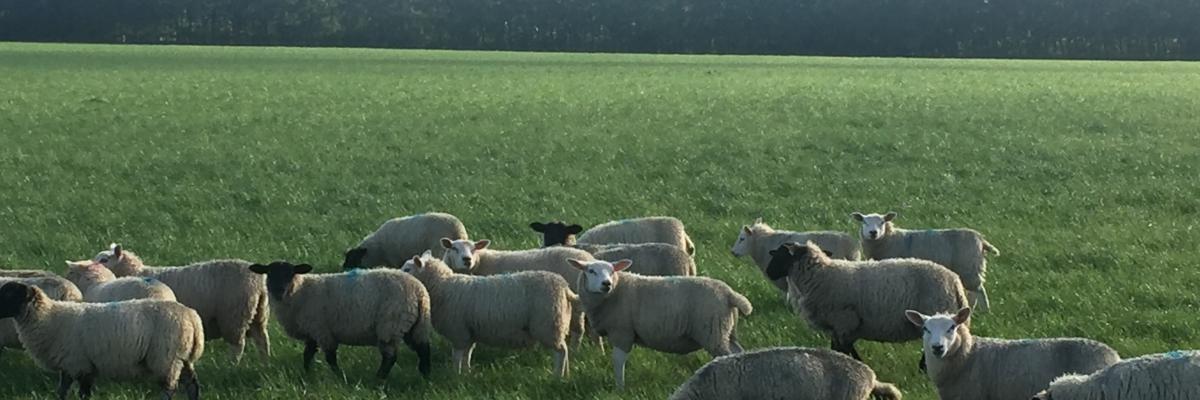

Integrating leys in arable rotations
Organic Management Techniques to Improve Sustainability of Non-Organic Farming
Download the PDF
This abstract was composed as part of a Defra-funded project looking at organic management techniques that could be applied on non-organic farms and help improve sustainability. It describes information on managing problem weeds such as black-grass and improving soil health by integrating leys in to the rotation. It lists the main agronomic, economic and/or ecological value you can expect to gain from applying the method. It includes practical recommendations that will help you implement the method on your farm and other useful information such as the time of year you could apply the method, suitability according to your farming system, and equipment required. It also provides a guide of how you can best implement the method. Potential benefits and barriers you would need to consider, financial implications, and how it relates to legislation are also listed.
Grass, clover and multi-species leys can be a beneficial addition to an arable rotation, particularly to manage weed problems such as black-grass and build soil fertility. If black-grass seed return is prevented by cutting or grazing a grass ley, the seed bank declines rapidly.
- Grass and herbal leys can help build soil organic matter through a combination of lack of tillage, absence of crop biomass removal, and root/residue returns, as well as dung inputs from grazing animals. More diverse ley mixtures can provide a number of other ecological services.
- Legumes are especially important as a food resource for pollinators outside of major crop flowering times, while deep rooting species can increase water infiltration and reduce drought and flood risk.
- Options for collaborating with others include; selling standing crops of grass, clover etc to make silage or hay, renting out grazing for the duration of the ley, short term grazing visits, taking responsibility for others stock whilst grazing your ley on a liveweight gain / p/day contract, and contract-grown crops for local farmers.
- There is a potentially significant financial loss if fields are out of production for long periods of time.
- Herbal ley seed mixtures are more costly than ryegrass/clover leys but this initial cost is balanced out by reductions in nitrogen fertiliser and protein expenditure and improved health in livestock and soil.
Header image taken by Katie Bliss, All Rights Reserved
